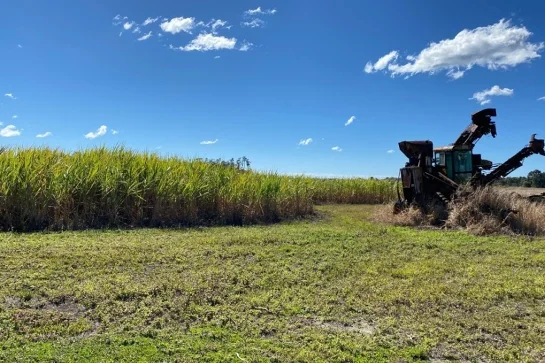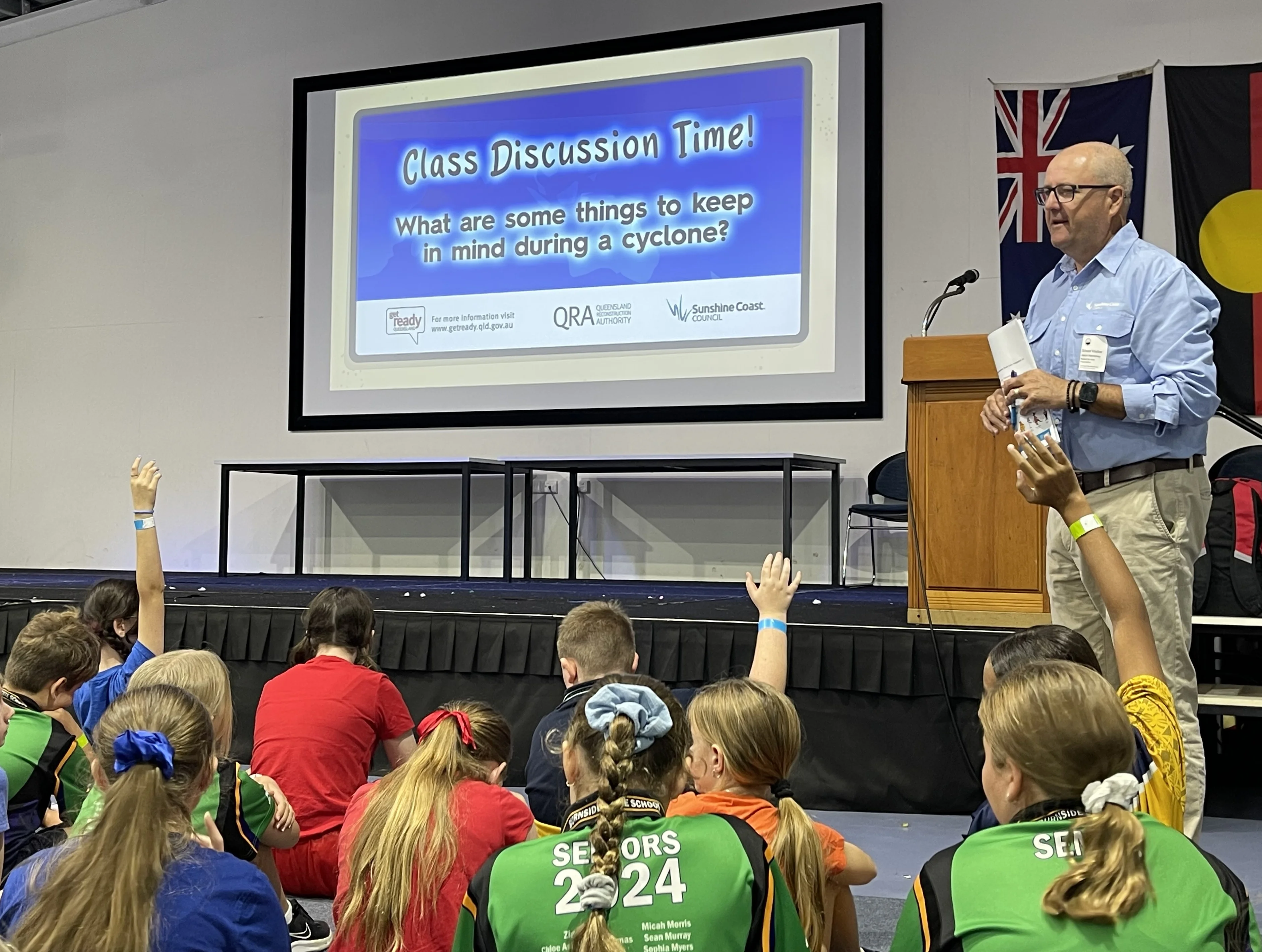A recent Institute for Marine and Antarctic Studies (IMAS) report has analysed how COVID-19 affected the seafood industry in Australia, with the aim of using this knowledge to prepare the sector for future shocks.
Funded by the Fisheries Research and Development Corporation (FRDC), the study found that the overall impacts of COVID-19 have been asymmetric, with sectors supplying domestic retail markets mostly able to prosper, while producers selling into export markets and the domestic dine-in food service sector were often brought to their knees.
IMAS University of Tasmania Research Fellow and study leader, Dr Emily Ogier, said the research focused on the short-term impacts of the early stage of the COVID-19 pandemic, from January to June 2020, on the Australian seafood industry and examined the impacts at a sector level, rather than at an individual business level.
“The industry at large showed resilience. Sectors that were able to adapt quickly did better, which highlighted the need for continuity planning. This will involve paying greater attention to supply chain risks, and fostering relationships and capabilities to enable rapid reorientation in products and markets,” Dr Ogier said.
The report found that Government support measures assisted the seafood industry weather some of the negative impacts on profitability and business continuity.
The report provides valuable insights that will help the industry tackle future shocks. It aims to gain a broad understanding of the immediate economic impacts to the industry from the early phases of the COVID-19 pandemic.
“The pandemic impacted the seafood industry both directly and indirectly, and resultant disruptions were often amplified by other factors, such as bushfire or disease recovery and stock conditions,” Dr Ogier said.
“The report provides valuable clues as to the vulnerabilities of Australia’s seafood industries to global shocks that affect our seafood industry’s markets and supply chains in different ways – and these clues will assist to build a more resilient industry.”
The FRDC’s Managing Director Dr Patrick Hone said that, while not comprehensively surveying all sectors within the industry, this initial study represents an important first step to future-proofing.
“As the industry moves forward, it is important to ask what was learned from this past year. What were the surprises and what can be done differently in the future?” Dr Hone said.
“The cost of being under-prepared is too great. The lesson from the previous SARS Asian Pandemic was that these questions were not asked and the data to improve future outcomes was not collected.
“For the FRDC, this report will provide a reference point







